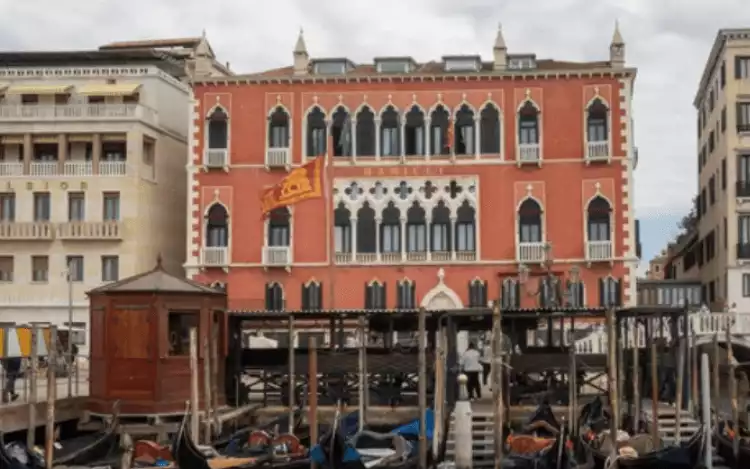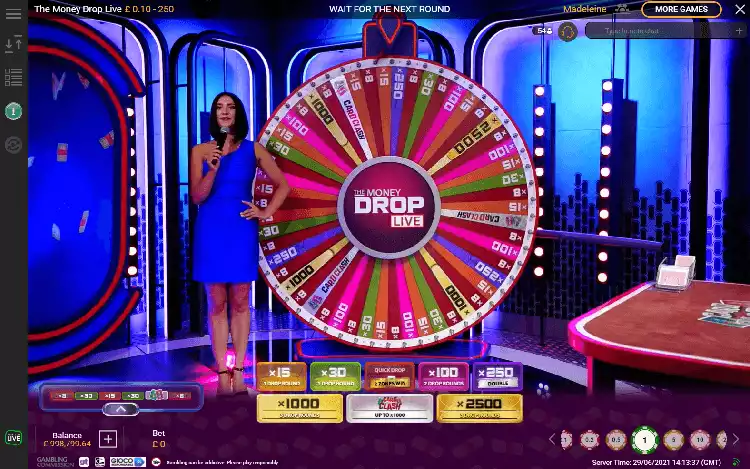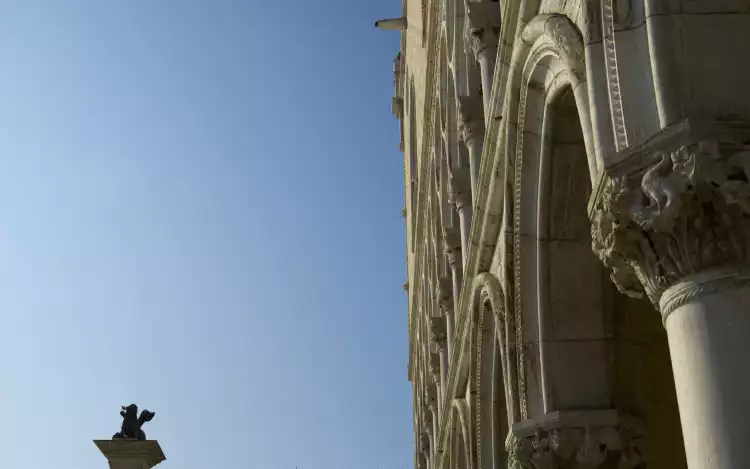The history of gambling is as old as civilisation itself, with evidence of games of chance dating back thousands of years. While gambling in some form has been enjoyed in ancient cultures, the rise of casinos as we know them today is a more recent phenomenon. At the heart of this evolution is the oldest casino in the world, a historic establishment that continues to inspire modern gaming.
Join us as we take a journey through the fascinating history of the world’s first casino and its lasting impact on gambling culture.
The Birth of Casino Culture
Gambling’s roots can be traced back to ancient China, Egypt, and Rome, where dice games and betting on animal fights were common. However, the first formal gambling house came much later, during the Renaissance in Europe.
In 1638, the Ridotto opened its doors in Venice, Italy, marking the birth of the modern casino. Established by the Venetian government, the Ridotto was designed to regulate gambling during the annual carnival season. It provided an elegant and controlled environment for players to enjoy games of chance, a far cry from the chaotic street gambling that had been prevalent at the time.
The Ridotto: The World’s First Casino
The Ridotto, which translates to “private room,” was housed in the Palazzo Dandolo, a grand building in Venice’s San Moisè district. Its opulent décor and exclusive atmosphere catered to the city’s wealthy elite, offering games such as biribi and bassetta.
The Ridotto’s establishment marked a turning point in gambling history. It legitimised the activity and set the stage for the development of casinos as sophisticated venues for entertainment. However, it wasn’t without its critics. By 1774, Venetian authorities closed the Ridotto, fearing it encouraged moral decay among the populace.
Despite its closure, the Ridotto’s legacy endures. Its innovative concept inspired the creation of gambling houses across Europe, laying the foundation for the bustling casinos we know today.

Palazzo Dandolo
The Evolution of Classic Casinos
Following the Ridotto’s closure, gambling continued to flourish in Europe, albeit in less formal settings. By the 19th century, casinos had become a symbol of sophistication and luxury, attracting aristocrats and royalty alike.
One of the most iconic establishments to emerge during this era was the Casino de Monte-Carlo in Monaco, which opened in 1863. With its stunning Belle Époque architecture and association with glamour, Monte-Carlo remains a symbol of classic casino culture.
Other famous casinos, such as the Kurhaus of Baden-Baden in Germany and the Casino di Venezia (which occupies a different building than the Ridotto), further cemented the image of casinos as hubs of opulence and entertainment.
How the Oldest Casino Inspired Modern Gambling
The Ridotto’s innovative concept of a regulated, luxurious gambling house had a profound impact on the future of gaming. It set the standard for the casino experience, combining entertainment, exclusivity, and elegance.
Today, the influence of classic casinos like the Ridotto can be seen not only in land-based establishments but also in the rise of online casino sites. While digital platforms lack the physical grandeur of historic venues, they replicate the accessibility, excitement, and variety of games that made early casinos so appealing.
The Rise of Online Casinos
The advent of the internet revolutionised gambling, bringing the casino experience into players’ homes. Modern online casino sites offer thousands of games, from traditional favourites like roulette and blackjack to innovative video slots and live dealer games.
The convenience of online platforms has made gambling more accessible than ever, attracting players from all walks of life. Despite this shift to digital, the essence of casino gaming—rooted in the Ridotto’s legacy—remains unchanged. Players still seek excitement, social interaction, and the thrill of a potential win.
Preserving History While Embracing Innovation
While the gambling industry continues to evolve, efforts are being made to preserve the rich history of iconic casinos. The Palazzo Dandolo, where the Ridotto once operated, now serves as a luxury hotel. Similarly, historic casinos like the Casino di Venezia and Monte-Carlo remain popular tourist destinations, allowing visitors to step back in time and experience the grandeur of classic gaming.
Meanwhile, online casino sites are embracing technology to innovate while paying homage to tradition. Features like live dealer games create an atmosphere reminiscent of land-based casinos, combining the best of both worlds.

Live casino
Why the Ridotto’s Legacy Matters
Understanding the history of the oldest casino in the world provides valuable insight into the cultural significance of gambling. The Ridotto wasn’t just a venue for games—it was a reflection of its time, blending entertainment with social norms and economic regulation.
Its legacy reminds us that gambling is more than just a pastime; it’s a cultural phenomenon that has shaped societies and continues to evolve with each generation.
The oldest casino in the world, the Ridotto, paved the way for the global gambling industry we know today. From its humble beginnings in 17th-century Venice to the grandeur of modern casinos and the rise of online casino sites, the journey of gambling is one of adaptation and innovation.







